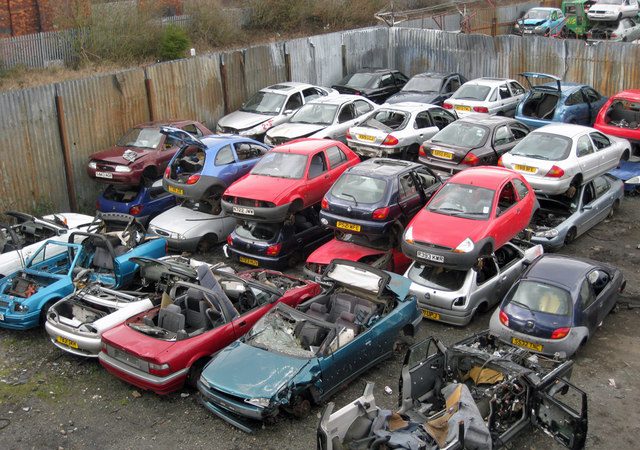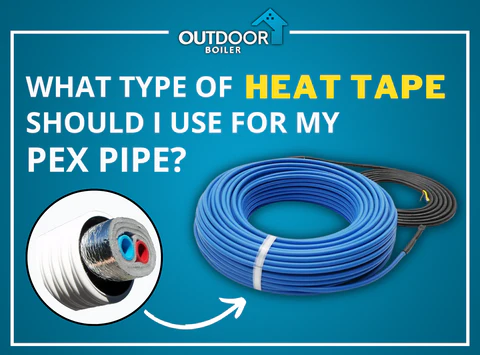
Scrapping a car is a great way to dispose of an old or damaged vehicle that’s no longer roadworthy. However, many people wonder whether they can scrap a car without a title.
The title serves as proof of ownership and is one of the most critical documents in the legal car scrapping process. While the answer varies depending on your location and the scrapyard’s policies, there are ways to navigate the situation if you’ve lost your car’s title.
Here’s what you need to know about scrapping a car without a title, and the steps you can take to ensure everything is done legally.
1. Why Is the Title Important?
The vehicle title is a legal document that proves you are the rightful owner of the car. It contains crucial information, including the Vehicle Identification Number (VIN), your name, and other details about the car. Most scrapyards require the title to verify that you have the authority to scrap the car and to prevent any legal issues, such as scrapping a stolen vehicle.
In many places, scrapping a car without a title is illegal, as the title ensures that the vehicle is properly transferred from the owner to the scrapyard or recycling facility. This step helps protect both the scrapyard and the vehicle owner from potential legal trouble.
2. Options for Scrapping a Car Without a Title
If you’ve lost or misplaced your car title, there are still a few options you can explore:
a) Apply for a Replacement Title
The most straightforward solution is to apply for a replacement title. You can request a duplicate title from your local Department of Motor Vehicles (DMV) or the relevant authority in your area. The process is usually simple and may involve filling out a form, providing identification, and paying a small fee.
Once you receive the replacement title, you can proceed with scrapping your car legally. This option is the best way to ensure that the process is hassle-free and fully compliant with car scrapping regulations.
b) Use a Bill of Sale or Proof of Ownership
In some cases, a bill of sale or other proof of ownership may be acceptable to scrapyards, especially if the car is old or has a very low value. The bill of sale serves as a document that shows you legally purchased the car, and it includes details such as the date of sale, the purchase price, and the vehicle’s VIN.
While not all scrapyards will accept a bill of sale in place of a title, some may be willing to work with you if the vehicle is clearly yours. It’s important to contact the scrapyard beforehand to confirm if they accept this alternative.
c) Work with a Licensed Scrapyard
Some scrapyards are authorized to scrap vehicles without a title under certain circumstances. These scrapyards may have the ability to verify ownership through other means, such as running the car’s VIN through a database to ensure it isn’t stolen. However, this option depends heavily on local laws and the specific scrapyard’s policies.
If a licensed scrapyard is willing to accept your car without a title, they may ask you to sign an affidavit or provide additional identification to prove that you’re the rightful owner. Be cautious, though—make sure the scrapyard is reputable and compliant with legal car scrapping practices.
3. Exceptions for Older Vehicles
In some regions, vehicles that are over a certain age may not require a title to be scrapped. For example, cars that are over 20 years old might be exempt from title requirements, as these vehicles are often no longer registered or insured. If your car falls into this category, check with your local DMV or scrapyard to see if you can scrap it without a title.
Again, the scrapyard may ask for a bill of sale or other proof of ownership to ensure everything is handled legally.
4. Scrapping Valuable Parts Without a Title
If you cannot obtain a title but still want to get some value out of your car, consider selling individual parts separately. For example, components like the windscreens, car glass, tires, or catalytic converter can be sold without needing the vehicle’s title.
By selling valuable parts individually, you can still make money from your vehicle, even if you can’t scrap the entire car. However, keep in mind that most scrapyards won’t accept major car parts without a title, so you may need to find buyers online or through other channels.
5. Risks of Scrapping a Car Without a Title
Attempting to scrap a car without a title can come with risks if not handled properly. Many regions have strict laws to prevent the illegal scrapping of vehicles, and failing to follow car scrapping regulations can lead to fines or legal issues.
If a scrapyard accepts your vehicle without verifying ownership, you could still be held liable for the car in the future, especially if it’s used illegally.
To avoid these risks, it’s always best to follow legal processes, either by applying for a replacement title or working with a scrapyard that complies with local laws.
While it is possible to scrap a car without a title in certain situations, it’s essential to know the legal requirements in your area. Applying for a replacement title is the most straightforward and secure way to proceed, but in some cases, scrapyards may accept a bill of sale or proof of ownership.
Always check with the scrapyard to ensure they follow legal car scrapping practices, and be mindful of the risks involved. Whether you’re scrapping the entire car or selling individual parts like windscreens or car glass, taking the right steps will help ensure a smooth, legal transaction. Search for companies to buy scrap cars (koli za skrap).




